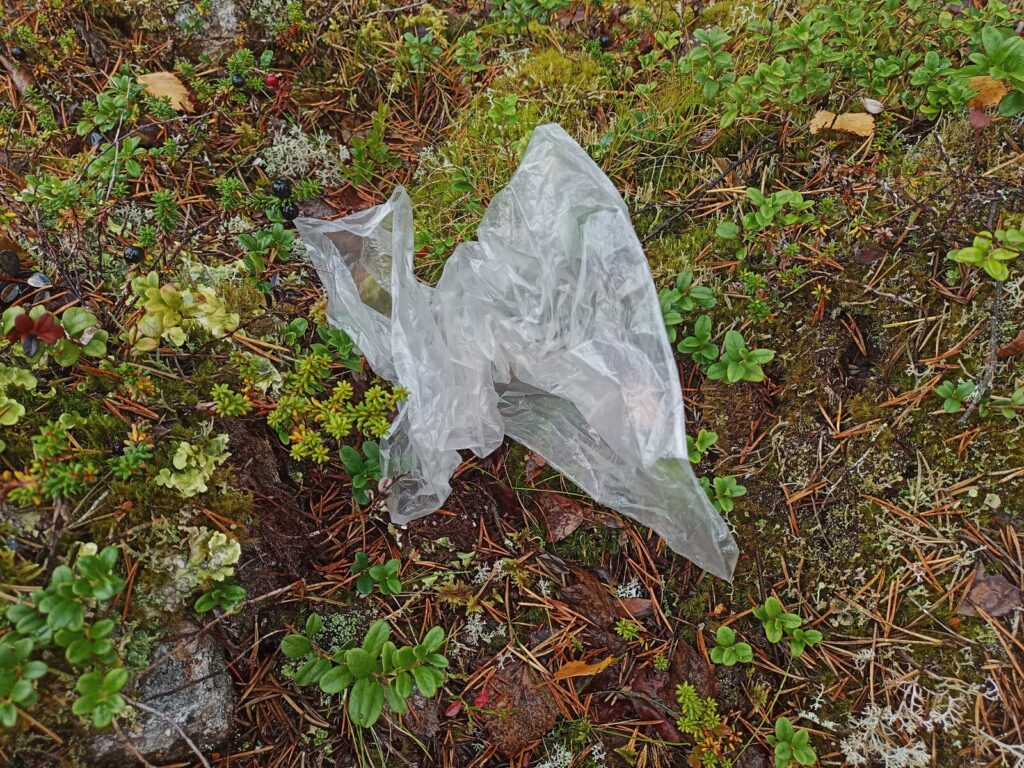Biodegradable means nothing. There is no clear rule what biodegradation means. So we can see this word mainly as greenwashing.
“composable” plastics
Composting normally means the mineralization of molecules to their atoms or basic molecules, see biomineralization. With plastics this is hardly ever the case, they can transform to a so called metabolit which is some other state then the original, but perhaps not even a natural one.
Composable often means only that the plastic gets very small, so called microplastic. The process, called oxo-biodegradation, has not really anything to do with composting. Most tests do not cover particles any more when they are smaller then 2mm. The material stays the same and just gets smaller. This is often archived by metal ions inside the plastics helping through oxidation opening the polymer.
If the polymer itself is somehow a composable the resulting molecules which occur during that process can be even far more harmful then the plastics itself. Especially surfactants which are sometimes adverted as bio degradable, for example in bio degradable soap, often form strong hormone influencing substances, especially for fish.
We have several certificates that a material can be adverted as composable. This has a huge negative impact on nature conversation. When most people read, that something is biodegradable, they think they can leave it into nature, because it will degrade. That is far from the reality!
The truth is that these products are nearly never composable in a common sense or can be even very harmful. To explain that we have a closer look at the two most important certificates.
EN 13432
The standards says, that less then 10% (mass) of the material is allowed to be bigger then 2mm within 12 weeks in an industrial composer! This can be archives only by oxo-biodegradation. The processes happen in an industrial composer are far away then what happens in nature.
In anaerobic conditions (no oxygen available) 90% of the organic contents need to be minerilized to CO2 within 6 months.
ASTM D-6400
This American norm even just demands 60% in 180 days in an industrial composer.
Verdict
Composable plastics make our environmental problems bigger. We just try to hide the garbage instead of removing it. Besides that composable plastics are not recyclable and harm the recycling process.
Plastics itself are not the big problem. There are a lot of application where plastic is a great material. For example if you buy an axe with a plastic handle the environmental impact is relatively low because of the long usage time and if it gets recycled afterwards. But if you use things which have only a one time use or a very limited usability then every material is a bad choice (no matter if it’s plastic or not).
Recycling of plastic products is much better then composing plastic products!
Never leave anything in nature.
Not using resources is always the best!


